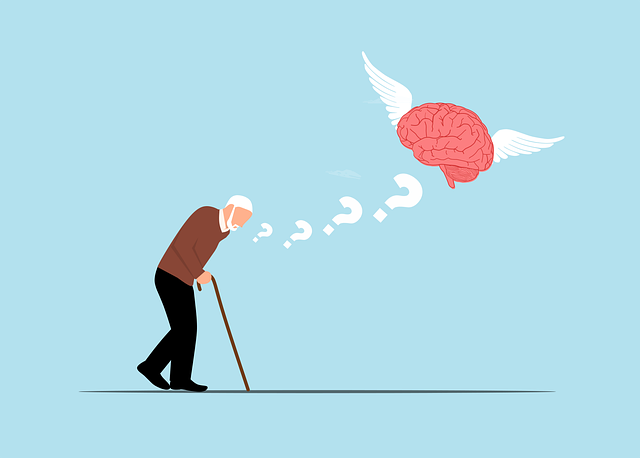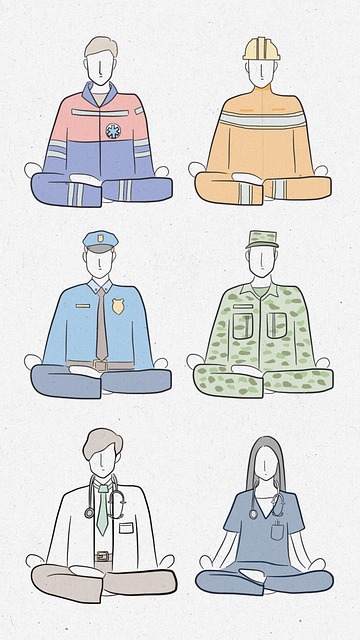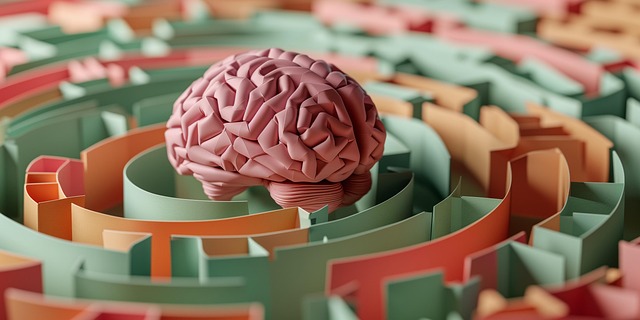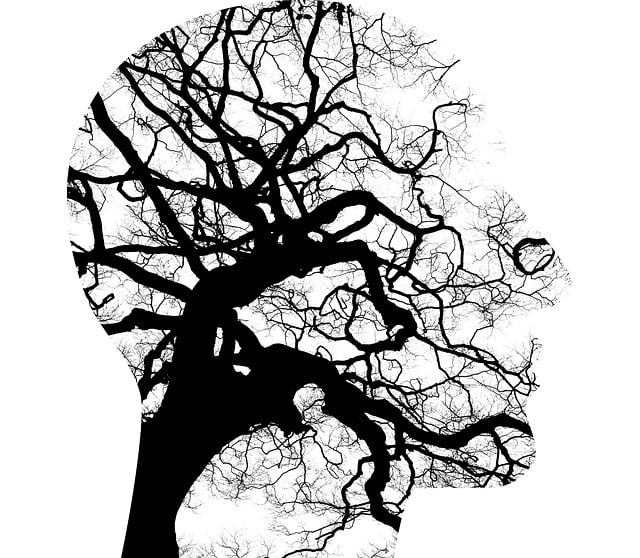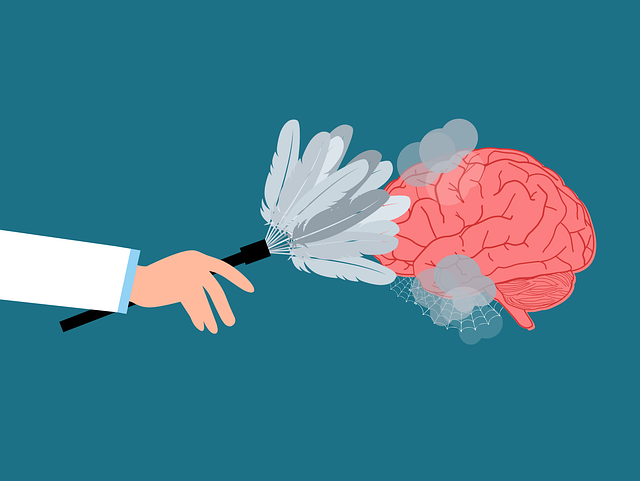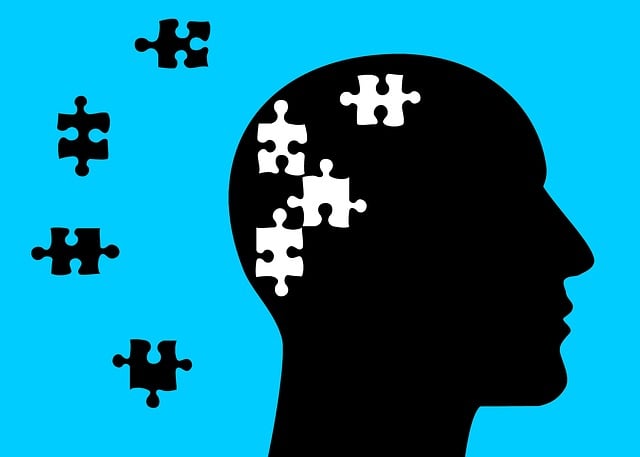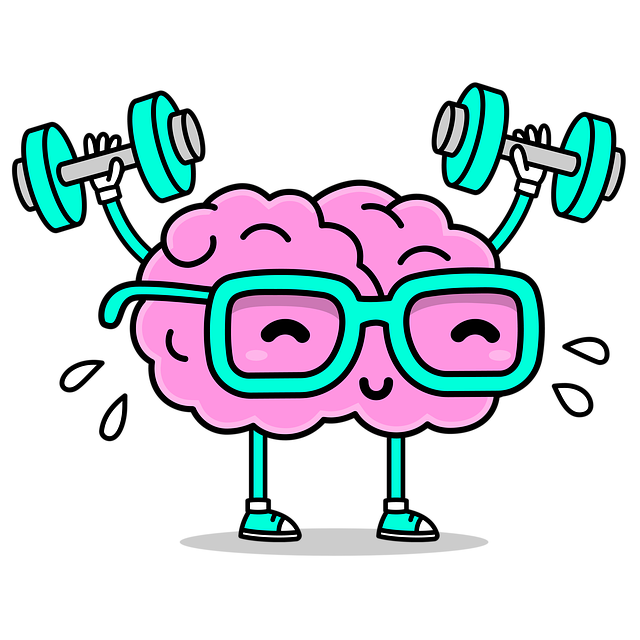Depression among teenagers is a growing concern fueled by genetic factors, brain chemistry, and environmental stressors. For adolescents with panic disorder and anxiety attacks, these symptoms can lead to isolation and emotional distress. Early intervention includes identifying personal stressors and implementing strategies like mindfulness meditation, journaling, and therapy (e.g., CBT). Lifestyle modifications such as regular exercise, balanced diets, and adequate sleep are also crucial. Tailored therapy, focusing on mood management and emotional regulation, empowers teens to navigate challenges, reduce depression risk, and foster resilience against panic attacks and anxiety disorders.
Depression among adolescents is a growing concern, but with proactive strategies, we can empower teens to navigate their mental health. This article explores comprehensive approaches to prevent depression, focusing on identifying triggers common in teens, such as panic disorder and anxiety attacks. We delve into the benefits of therapy tailored for adolescent teens, along with lifestyle changes promoting resilience and overall well-being. By understanding these strategies, parents and caregivers can foster a supportive environment, helping teens thrive and mitigate the risk of depression.
- Understanding Depression and its Triggers in Teens
- The Role of Therapy: Treating Panic Disorder and Anxiety Attacks
- Lifestyle Changes for Improved Mental Health
- Building Resilience: Coping Strategies for Adolescent Depression Prevention
Understanding Depression and its Triggers in Teens

Depression among teenagers is a growing concern, often stemming from complex interactions of genetic predisposition, brain chemistry, and environmental factors. Understanding these triggers is crucial for early intervention and prevention. Adolescent teens experiencing panic disorder and anxiety attacks are particularly vulnerable; these symptoms can significantly impact their daily lives, leading to feelings of isolation, hopelessness, and emotional distress.
Identifying personal stressors, such as academic pressures, social challenges, or family dynamics, is essential. Effective strategies for depression prevention include stress management techniques like mindfulness meditation and journaling exercises. These practices promote mental wellness by encouraging teens to process their emotions, gain perspective, and develop healthy coping mechanisms. Professional therapy, tailored to the individual’s needs, can also be a game-changer, providing tools for navigating life’s challenges and fostering resilience against depressive episodes.
The Role of Therapy: Treating Panic Disorder and Anxiety Attacks

Depression prevention strategies often include therapy, a powerful tool for addressing underlying mental health issues like panic disorder and anxiety attacks in adolescent teens. Cognitive Behavioral Therapy (CBT), a widely recognized approach, has proven effective in managing these conditions by helping teens identify and change negative thought patterns and behaviors contributing to their anxiety. Through CBT, individuals learn coping mechanisms to deal with panic attacks, gradually reducing their frequency and intensity.
Additionally, therapy provides a safe space for adolescents to explore and express their emotions, fostering positive thinking and self-esteem improvement. Crisis intervention guidance is incorporated into these sessions to offer immediate support during intense episodes, equipping teens with skills to navigate and manage their anxiety in the long term. This holistic approach ensures that young individuals receive comprehensive care tailored to their unique needs.
Lifestyle Changes for Improved Mental Health

Adolescent teens experiencing panic disorder and anxiety attacks can greatly benefit from lifestyle changes aimed at improving mental health. Encouraging regular physical activity, a balanced diet, and sufficient sleep can significantly reduce symptoms and enhance overall well-being. Engaging in activities that promote relaxation, such as mindfulness practices or yoga, can also be effective in managing stress and anxiety.
Additionally, fostering social connections and seeking support from peers, family, or a healthcare provider with cultural competency training can create a sense of belonging and improve mental resilience. Developing inner strength through positive self-talk, setting achievable goals, and practicing gratitude can further empower teens to cope with challenges. Integrating these lifestyle changes alongside appropriate therapy can contribute to effective mood management and prevent the escalation of symptoms related to panic disorder and anxiety attacks.
Building Resilience: Coping Strategies for Adolescent Depression Prevention

Adolescence is a period of significant emotional and psychological development, making it crucial to equip teens with effective coping strategies for mental health maintenance. Building resilience is a key preventive measure against depression among adolescents. This involves fostering their ability to navigate and bounce back from life’s challenges. Through therapy, particularly tailored for panic disorder and anxiety attacks, teens can learn mood management techniques to regulate their emotions effectively.
Emotional regulation skills development is a vital component of this process. Mental wellness coaching programs designed specifically for adolescents focus on teaching them strategies to identify triggers, manage stress, and maintain emotional balance. By empowering teens with these tools, they gain a sense of control over their mental health, reducing the risk of depression.
Depression prevention in adolescents involves a multifaceted approach. By understanding the triggers, adopting lifestyle changes, and building resilience, parents, caregivers, and teens themselves can navigate and mitigate potential mental health challenges. While therapy, specifically tailored to address panic disorder and anxiety attacks, plays a crucial role, it’s essential to combine these interventions for holistic well-being. With the right strategies in place, adolescents can enhance their coping mechanisms and foster a brighter, more resilient future.


